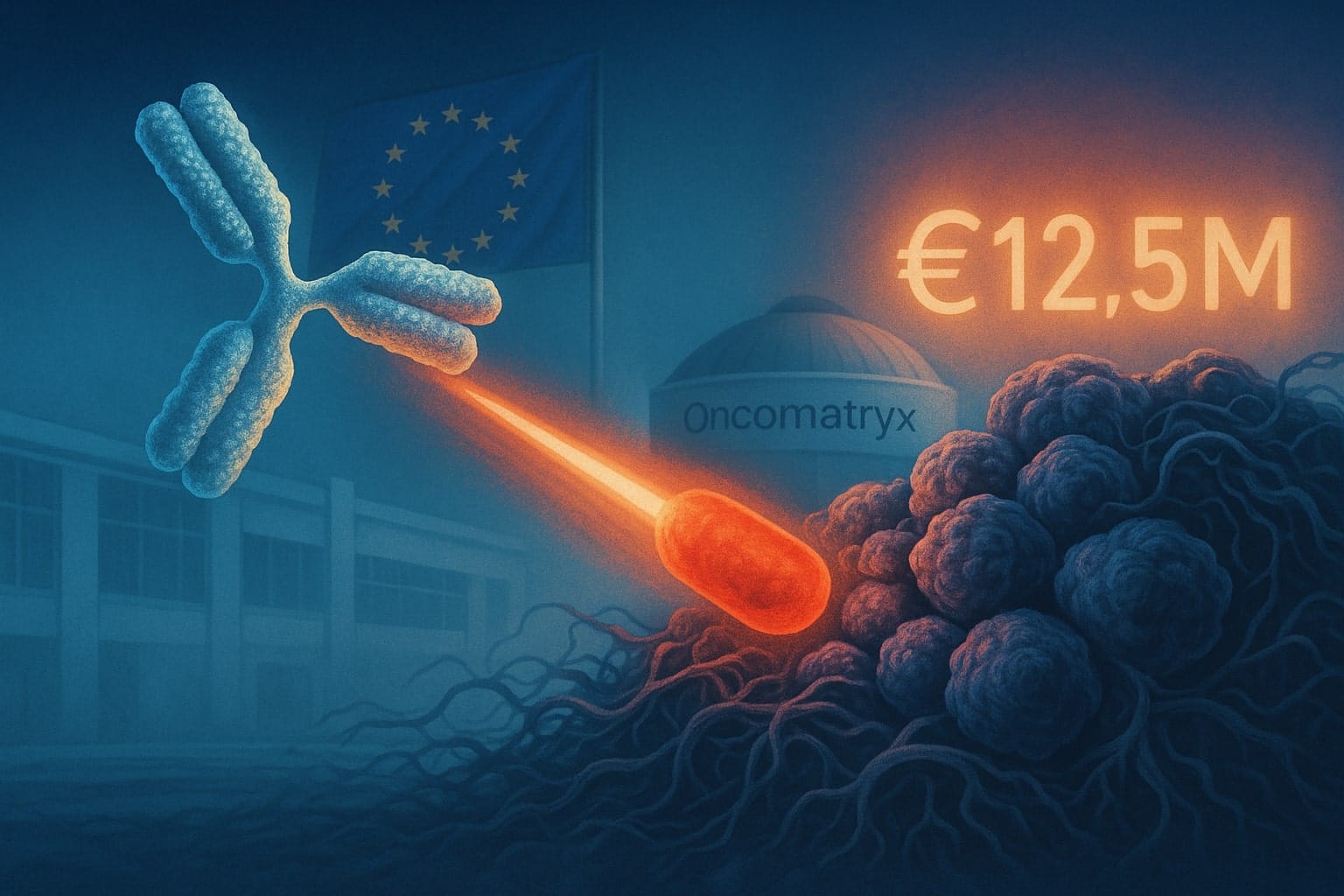Table of Contents
ToggleManulife and World Economic Forum Launch Longevity Innovation Challenge
In a groundbreaking collaboration, Manulife and the World Economic Forum (WEF) have announced the launch of the “Prospering in Longevity Challenge.” This initiative is aimed at sourcing and supporting innovative solutions to improve preventative healthcare and financial well-being for an aging global population.
Background Information
The global population aged 65 and over is projected to double by 2050, reaching 1.6 billion people. This demographic shift brings significant challenges in both health and financial resilience. Many elderly individuals face extended periods of poor health and insufficient financial security, making innovative solutions in these areas crucial.
Manulife and WEF’s partnership, facilitated through UpLink, WEF’s open innovation platform, aims to address these issues. The multi-year collaboration will feature annual innovation challenges, focusing on strengthening financial resilience and embracing preventative healthcare approaches. This initiative invites global startups to present their solutions, with applications open until July 22, 2024.
The challenge underscores the urgency of developing inclusive and accessible solutions to ensure that people worldwide can live longer, healthier, and more fulfilling lives.
Details of the Longevity Innovation Challenge
The “Prospering in Longevity Challenge” aims to discover and support start-ups that can innovate in the fields of preventative healthcare and financial well-being for aging populations. This challenge is the first in a series of three annual challenges under the multi-year partnership between Manulife and the World Economic Forum’s UpLink platform.
Start-ups worldwide are invited to submit their innovative solutions, with a focus on two primary themes:
- Strengthening Financial Resilience: Solutions that increase financial literacy, improve savings capabilities, and provide tools for better financial decisions.
- Preventative Healthcare: Innovations aimed at early detection of health risks, promoting healthier lifestyles, and providing access to virtual medical care.
Applications for the challenge are open until July 22, 2024. Selected start-ups will gain access to resources, mentorship, and potential investment opportunities to scale their solutions globally.

Significance and Expected Impact
The collaboration between Manulife and the World Economic Forum addresses the urgent need for innovative solutions to the challenges posed by an aging global population. By 2050, the number of people aged 65 and over is expected to double, leading to significant health and financial pressures.
Roy Gori, CEO of Manulife, emphasized that despite longer lifespans, many people spend a considerable portion of their lives in poor health. This initiative aims to tackle these issues by promoting healthier lifestyles and addressing socio-economic inequalities through cross-sector collaboration and innovative technology.
This partnership not only positions Manulife at the forefront of the longevity economy but also reflects its commitment to social responsibility and sustainable business practices. The initiative is expected to drive significant advancements in health and financial services tailored to the needs of older adults, potentially leading to new products and services that could disrupt the market and enhance long-term growth for Manulife.
Benefits for Startups in the Longevity Innovation Challenge
The “Prospering in Longevity Challenge” offers numerous benefits for startups. Selected innovators will gain access to a comprehensive support ecosystem, including mentorship from industry leaders, potential funding opportunities, and resources to scale their solutions globally. This initiative is designed to foster innovation in preventative healthcare and financial well-being, providing startups with a platform to develop and implement their ideas effectively.
Participants will also have the opportunity to collaborate with other startups and experts across various sectors, enabling cross-sector innovation and the development of holistic solutions to the challenges of aging populations. This collaboration aims to address significant issues such as financial resilience, healthy aging, and socio-economic inequalities, ensuring a broader impact on global health and financial systems.
Long-term Prospects and Strategic Importance
The strategic importance of the Longevity Innovation Challenge extends beyond immediate benefits to participating startups. By fostering innovation in the longevity economy, the challenge positions Manulife and the World Economic Forum (WEF) at the forefront of addressing the needs of an aging population. This proactive approach is expected to drive significant advancements in health and financial services tailored to longer lifespans, potentially leading to the development of new products and services that can disrupt the market.
For Manulife, this initiative enhances its image as a forward-thinking and socially responsible entity, aligning with broader consumer trends toward ethical and sustainable business practices. Economically, the challenge could stimulate growth in sectors that serve the elderly, contributing to the sustainability of public and private pension systems and healthcare infrastructure. This focus on creating a resilient and equitable retirement ecosystem may also have broader implications for labor markets and consumption patterns, influencing economic growth and savings behavior on a macroeconomic level.
Societal Impact of the Longevity Innovation Challenge
The Longevity Innovation Challenge, a collaboration between Manulife and the World Economic Forum, aims to significantly impact society by addressing the challenges posed by an aging global population. This initiative focuses on developing innovative solutions in preventative healthcare and financial well-being, thereby enhancing the quality of life for older adults. By promoting healthier lifestyles and improving financial resilience, the challenge aims to reduce the societal and economic burdens associated with aging populations.
As the global population over 65 is expected to double by 2050, the challenge’s focus on preventative healthcare is crucial. Innovations that can detect health risks early and promote healthier lifestyles are expected to reduce the prevalence of chronic diseases and the associated healthcare costs. This, in turn, will relieve some of the pressures on healthcare systems worldwide, making them more sustainable and efficient.
Additionally, by fostering financial resilience, the challenge aims to ensure that older adults can maintain their financial independence and security. This is particularly important as longer lifespans can strain personal savings and public pension systems. Solutions that improve financial literacy and provide better tools for financial planning will help individuals better prepare for retirement, contributing to a more stable and equitable economic environment.
Long-term Implications and Future Directions
The long-term implications of the Longevity Innovation Challenge extend beyond immediate health and financial benefits. By fostering a culture of innovation and collaboration across sectors, the initiative is expected to drive systemic changes that support a more inclusive and resilient society. The emphasis on cross-sector collaboration means that solutions developed through the challenge can integrate various aspects of health, finance, and social well-being, creating comprehensive approaches to the challenges of aging.
The challenge also aligns with broader global efforts to achieve the Sustainable Development Goals by 2030. By promoting innovations that improve health and financial outcomes, the initiative contributes to goals related to good health and well-being, reduced inequalities, and sustainable economic growth. Furthermore, the challenge builds on Manulife’s previous efforts to address climate change and environmental sustainability, highlighting the interconnectedness of planetary health and human well-being.
Looking ahead, the success of the Longevity Innovation Challenge could serve as a model for similar initiatives globally, encouraging other organizations to invest in innovative solutions for aging populations. This could lead to widespread adoption of new technologies and practices that enhance the quality of life for older adults, ensuring that societies can adapt to demographic shifts in a sustainable and equitable manner.
For more information on the challenge and to apply, visit the UpLink platform.












